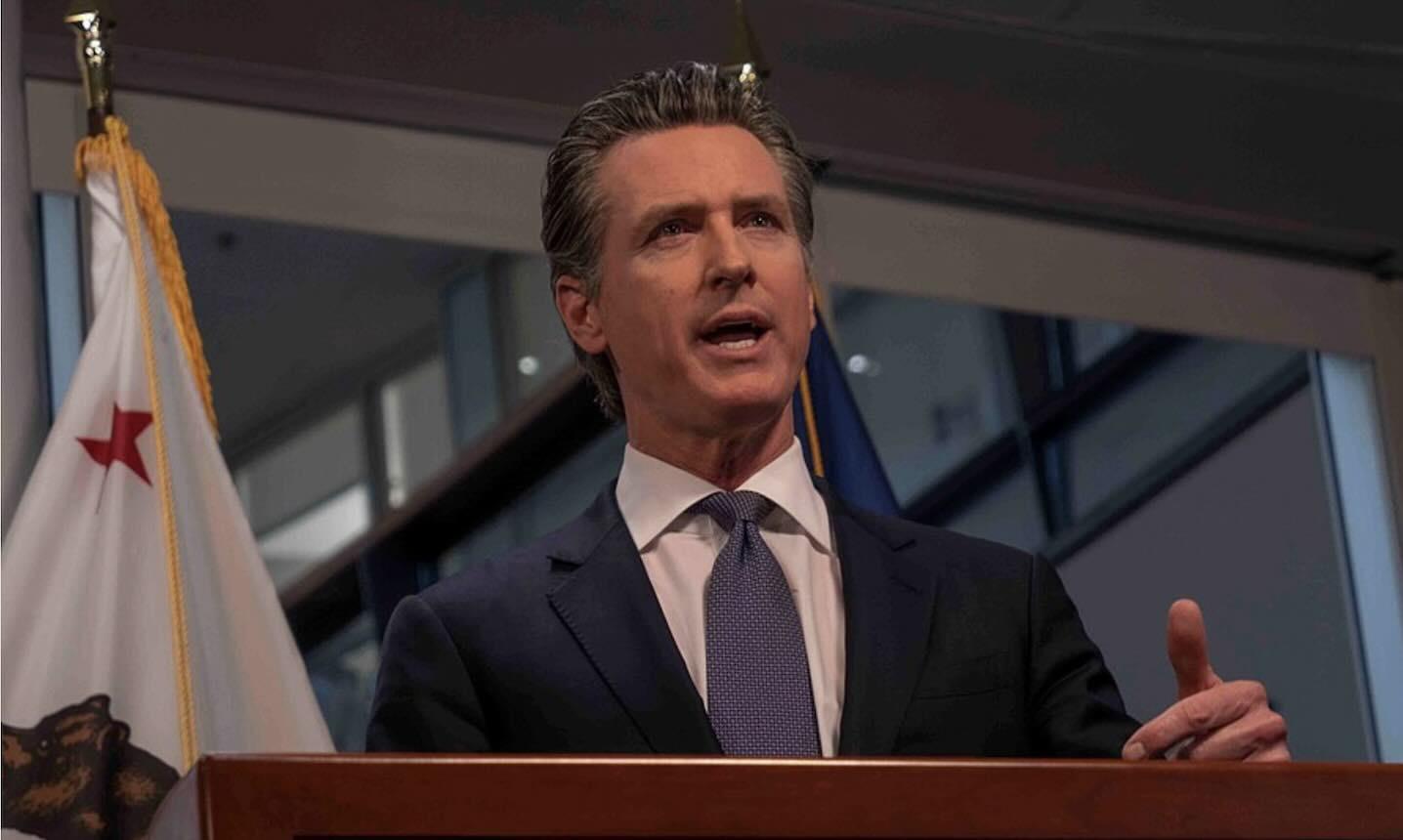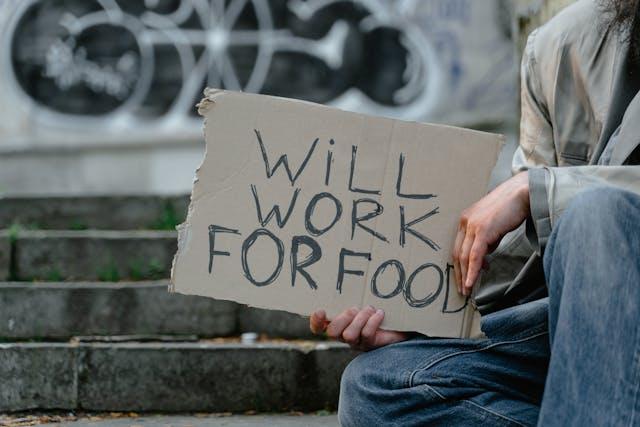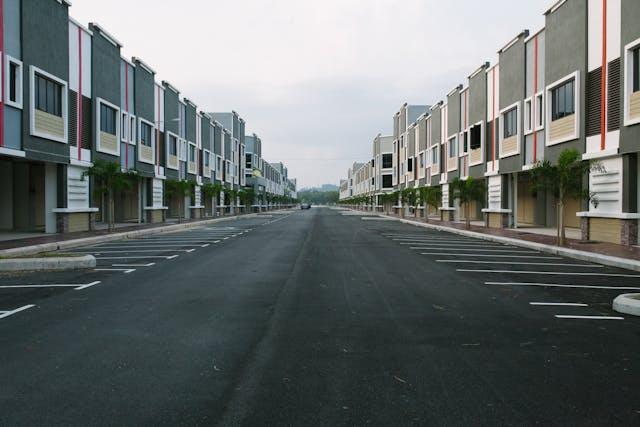GOVERNOR GAVIN NEWSOM Source : Office of the Governor of California
LOS ANGELES — The legal and political confrontation between California and President Donald Trump escalated sharply on Tuesday, as both sides doubled down over the federal deployment of National Guard and Marine units in Los Angeles amid mounting immigration protests and civil unrest.
Governor Gavin Newsom and Attorney General Rob Bonta filed an emergency motion in federal court to block the use of the California National Guard under federal control, arguing that Trump’s invocation of Title 10 authority is unconstitutional, unnecessary, and provocative.
“The president is putting troops on our streets—not to protect, but to provoke,” Newsom said Tuesday, warning that Trump’s actions amounted to “authoritarianism dressed as public safety.”
“This is an unlawful seizure of our state’s control,” Bonta added. “There is no rebellion, no invasion—only protests. And for that, he sends in the military.”
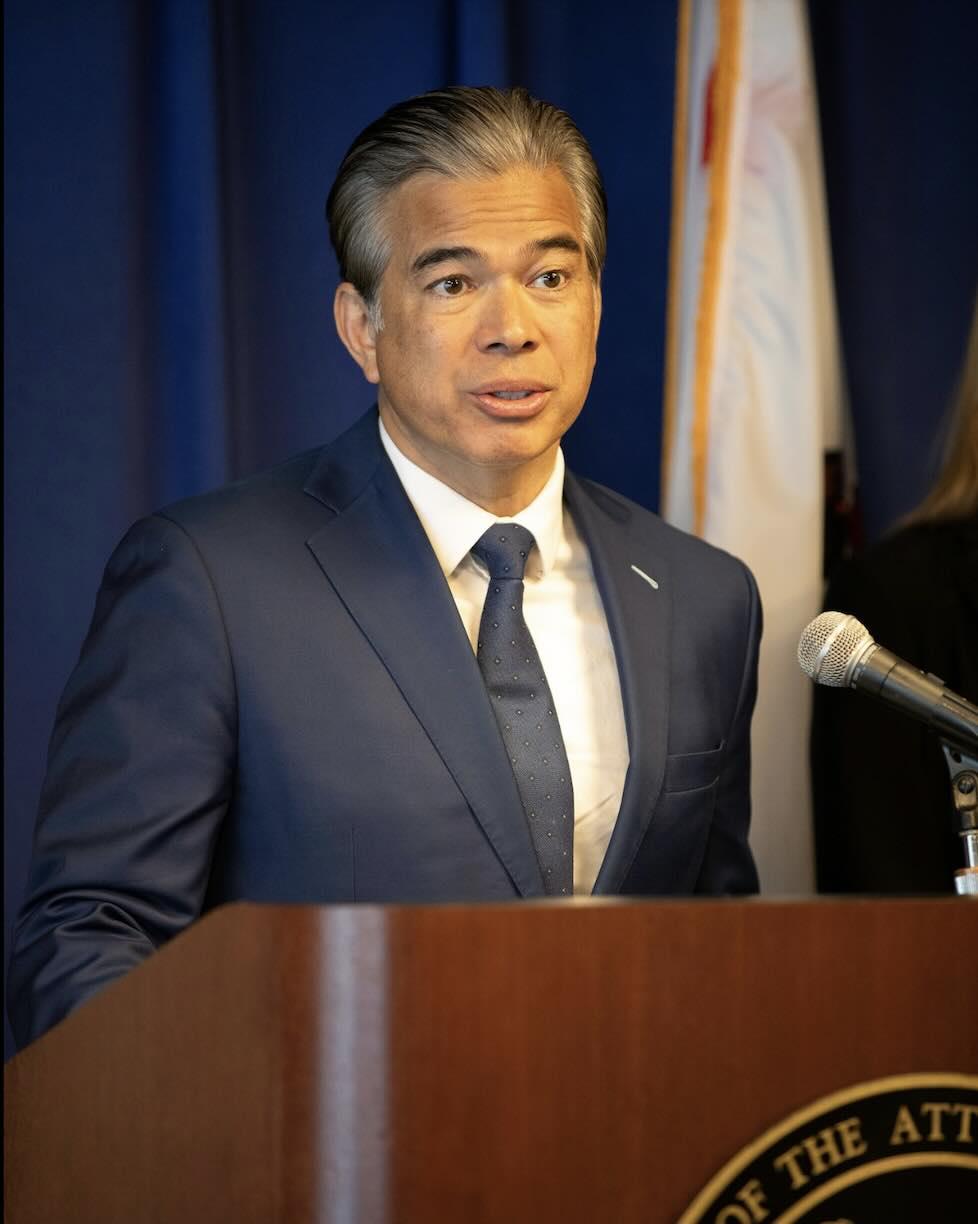
COURT HEARING SET FOR JUNE 12
U.S. District Judge Charles Breyer declined to issue an immediate restraining order but scheduled a hearing for Thursday, June 12, to determine whether federal deployment should be temporarily halted. The Department of Justice must submit its legal response by Wednesday morning.
California’s lawsuit, originally filed on June 9, challenges Trump’s use of 10 U.S.C. § 12406, a federal statute allowing the president to take control of a state’s National Guard in limited cases—such as insurrection or obstruction of law. State leaders argue none of those criteria are present and that the deployment infringes on powers reserved to the states under the Tenth Amendment.
L.A. UNDER CURFEW AS UNREST CONTINUES
Meanwhile, Los Angeles Mayor Karen Bass imposed a citywide 8:00 p.m. to 6:00 a.m. curfew, as protests entered their fifth consecutive day. The LAPD reported 197 arrests on Tuesday night for curfew violations, with at least 23 businesses vandalized. Footage from downtown showed fires and damaged self-driving vehicles near federal buildings and ICE detention zones.
City officials maintain that the situation, while volatile, remains within the capability of local enforcement—arguing that the presence of federal troops may be escalating tensions rather than easing them.
TRUMP: “LIBERATE LOS ANGELES”
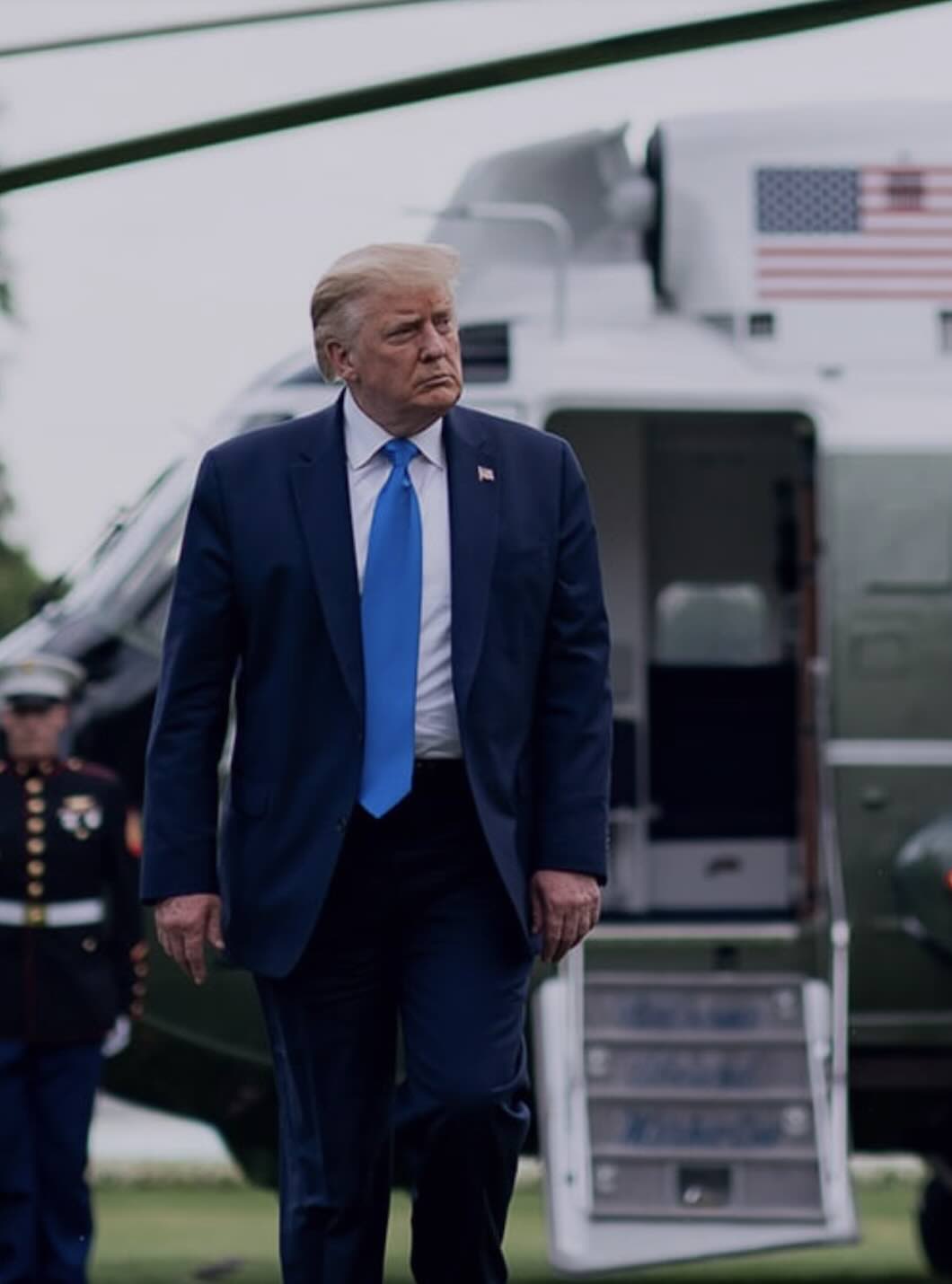
Trump has expanded his response, increasing the number of deployed forces to over 4,100 National Guard members and 700 Marines—an operation expected to cost at least $134 million over 60 days, according to Pentagon estimates.
In a speech delivered at Fort Bragg, Trump described the mission as an effort to “liberate Los Angeles” from “third-world lawlessness and foreign flags.” He warned that if similar protests erupt elsewhere, his administration is prepared to deploy federal forces nationwide.
“If Newsom and the radical Democrats won’t do their jobs, we will,” Trump posted on Truth Social. “Anarchists and illegal aliens cannot be allowed to overrun our cities.”
On conservative commentator Miranda Devine’s podcast, Trump proposed a mandatory one-year prison sentence for burning the U.S. flag during protests. He also suggested that Governor Newsom could “in theory” be charged for allegedly failing to stop violent demonstrations. Legal experts quickly noted that flag desecration remains protected under the First Amendment, and no formal charges have been initiated against Newsom.
“If we don’t draw the line now, no city will be safe,” Trump said.
CIVIL LIBERTIES GROUPS SOUND ALARM
Civil rights advocates continue to condemn the federal deployment. The American Civil Liberties Union (ACLU) called Trump’s actions “unnecessary, inflammatory, and an abuse of power.”
“Sending in troops for peaceful protests undermines the Constitution and threatens the civil rights of all Americans,” said Hina Shamsi, director of the ACLU’s National Security Project.
WHAT’S AT STAKE ON JUNE 12
The hearing scheduled for June 12 in San Francisco will determine whether a temporary restraining order is granted to halt the deployment. Legal scholars note that the outcome could set a precedent with nationwide implications—reshaping the boundaries of presidential authority and state autonomy during civil unrest.
“This isn’t just about California,” Bonta said. “It’s about whether any president can override a state and deploy military force at will, without cause and without consent.”
As legal briefs are filed and National Guard troops remain deployed, the nation now turns its attention to the federal courtroom, where the limits of executive power and the rights of states are once again on trial.


